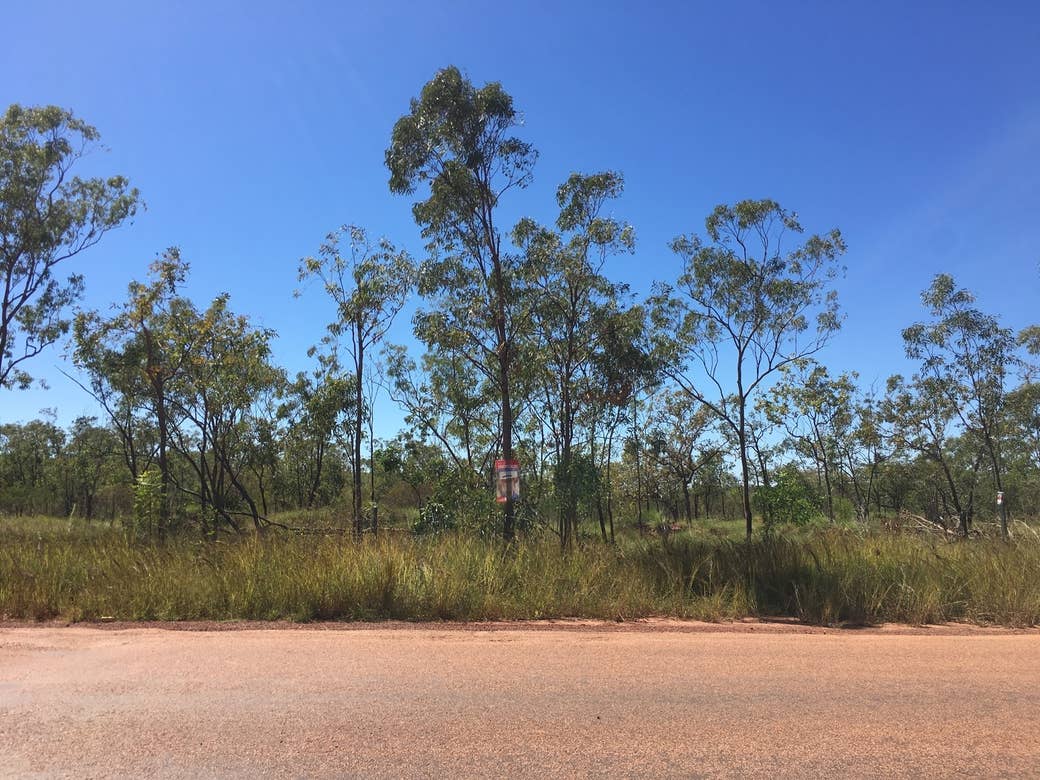
For many Australians, voting is a simple matter of strolling to the nearest public school, numbering a few boxes on the ballot paper, and picking up a sausage sandwich on the way out.
But in the electorate of Lingiari, it’s a little more complicated. Lingiari covers 99.99% of the Northern Territory — 1,348,158 square kilometres — basically everywhere except Darwin and Palmerston.
It takes in the remote communities and outstations in Australia’s Top End and Outback, as well as urban centres including Alice Springs and Katherine.
An election in Lingiari is a massive and complex logistical effort for the Australian Electoral Commission (AEC), campaigners, and often for voters themselves. It involves difficult driving, chartered flights and helicopters, tight timeframes and missing votes.
Here’s how it works.
Enrolling
Rob Roy is one of fewer than 400 people who live in Kalkarindji, a township in the Northern Territory.
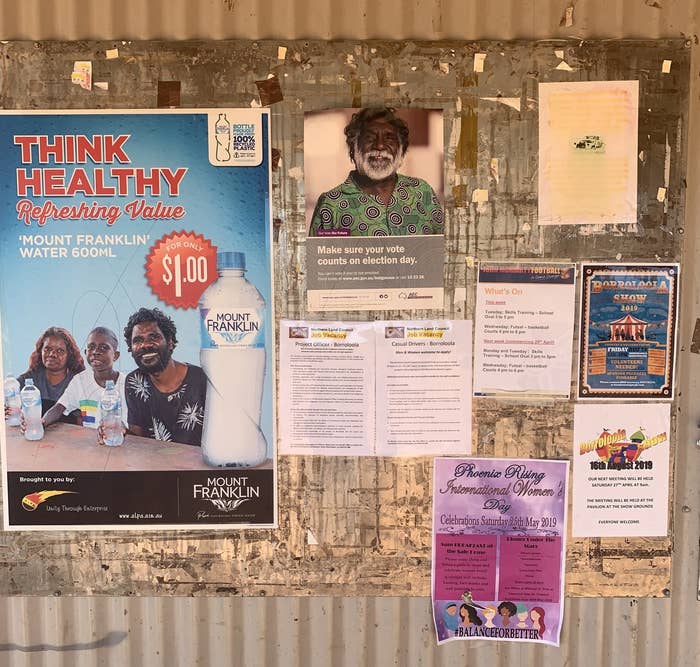
Roy, who is a traditional owner and director of the Gurindji Aboriginal Corporation, said the town is proud of its political history — it was the site of the Wave Hill walk-off, where Gough Whitlam later poured soil in the hand of Vincent Lingiari to symbolise handing back the land to the Gurindji people — and locals are interested in voting.
When election time rolls around, Roy helps to ensure young people in the community are enrolled. He explains how the government changes every few years and what impact those changes have in the community.
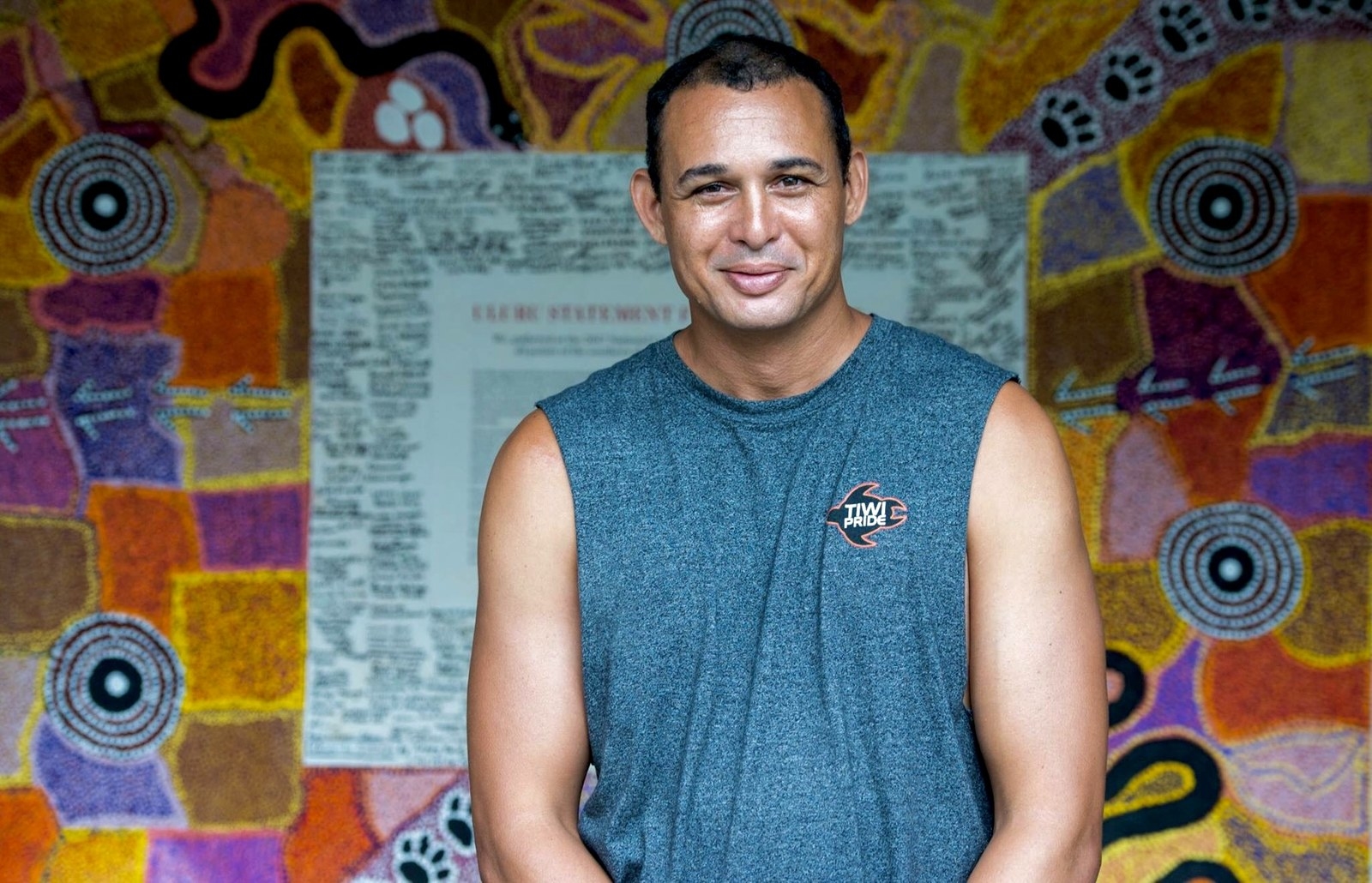
In the weeks leading up to the enrolment deadline Thomas Mayor, National Indigenous Officer with the CFMMEU and a Labor supporter, travelled around remote communities, including Kalkarindji. He encouraged young people to enrol by telling them that not only could they vote in the federal election, but also in any future referendum on an Indigenous Voice to Parliament.
Only 83.76% of eligible voters in the NT are actually enrolled, and that is the highest it’s ever been (the rate was 81.1% at the last election). Nationally, 96.8% of people are enrolled.
An AEC spokesperson told BuzzFeed News the agency was working to increase remote enrolment, including by working through other organisations — agencies, NGOs and peak bodies — to encourage participation, using online tools, and doing mail-outs.
Roy told BuzzFeed News one of the big issues in Kalkarindji is the Community Development Program, the controversial work-for-the-dole system in remote Australia. "CDP’s going back to modern slavery,” he said. He was also excited about the potential for a Voice to Parliament. “It’s about time that we have our rights heard and get involved with the constitution,” he said.
Campaigning
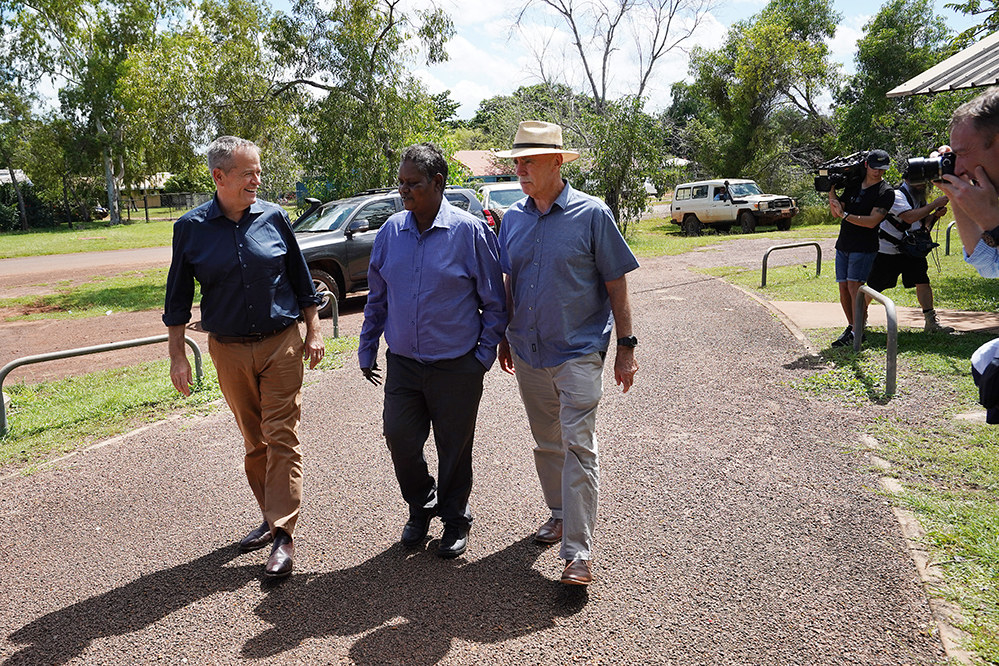
Warren Snowdon is well-versed in the logistics of campaigning in Lingiari. He’s been the ALP member for the seat since its creation in 2001, and was first elected to the old Northern Territory electorate in 1987.
Unlike most places in Australia, Lingiari doesn’t really have an “election day” on Saturday. Instead, communities and outstations have been visited by remote mobile polling staff in the weeks leading up to May 18. Some booths will be open all day for a couple of days; others only for an hour.
Speaking to BuzzFeed News in the midst of remote polling last week, Snowdon said he had been spending a lot of time in aircraft.
When polling opened at a community in Stone Country in Arnhem Land last Wednesday, Snowdon’s team tried to drive in but were blocked by high rivers. The Labor team ended up chartering a flight in, while the AEC arrived by helicopter.
“That’s what you’ve got to do,” Snowdon said. “People have a right to vote...it’s very important that if you’re fair dinkum about wanting Aboriginal people’s support you need to go and talk to them.”
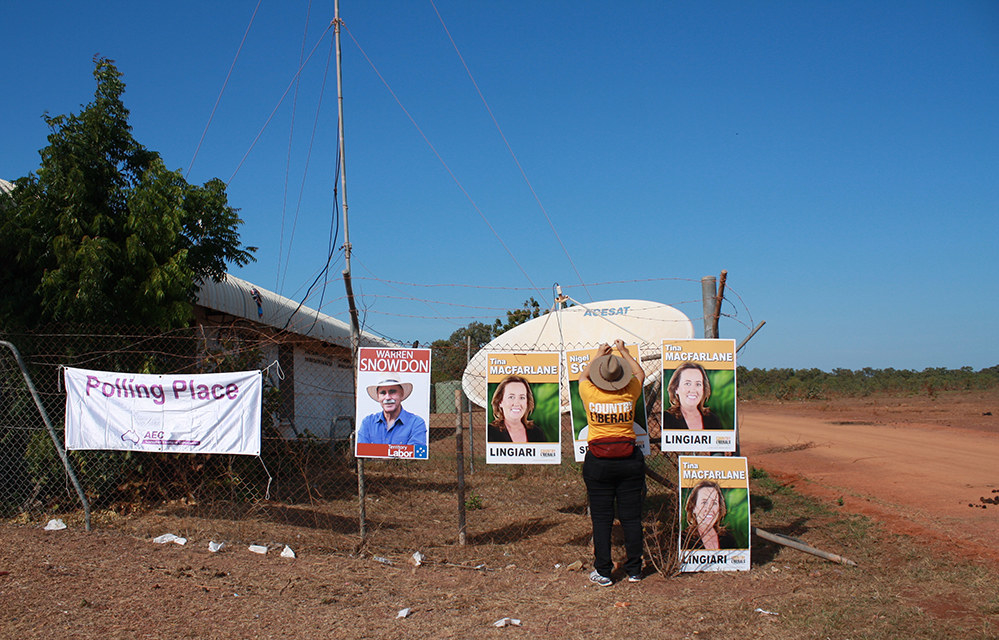
This time around, Snowdon’s main challenger is the Country Liberal candidate, Jacinta Price (who did not respond to a request for comment). He holds the seat with an 8.2% margin.
Snowdon said members of the Labor team had been travelling through the Sandover, an unsealed highway in the Red Centre, over the past few days to reach polling at outstations.
“We commit the resources, people drive in, camping out some nights and staying at other accommodation where they can. There might only be 50 or 60 votes through the day, yet they're driving hundreds of kilometres to be at the polling place to hand out how-to-vote cards,” he said.
It doesn’t always go according to plan. Snowdon said Labor had missed some booths at outstations, which were inaccessible because of the roads and weather.
And in some cases there are no votes in it at all.
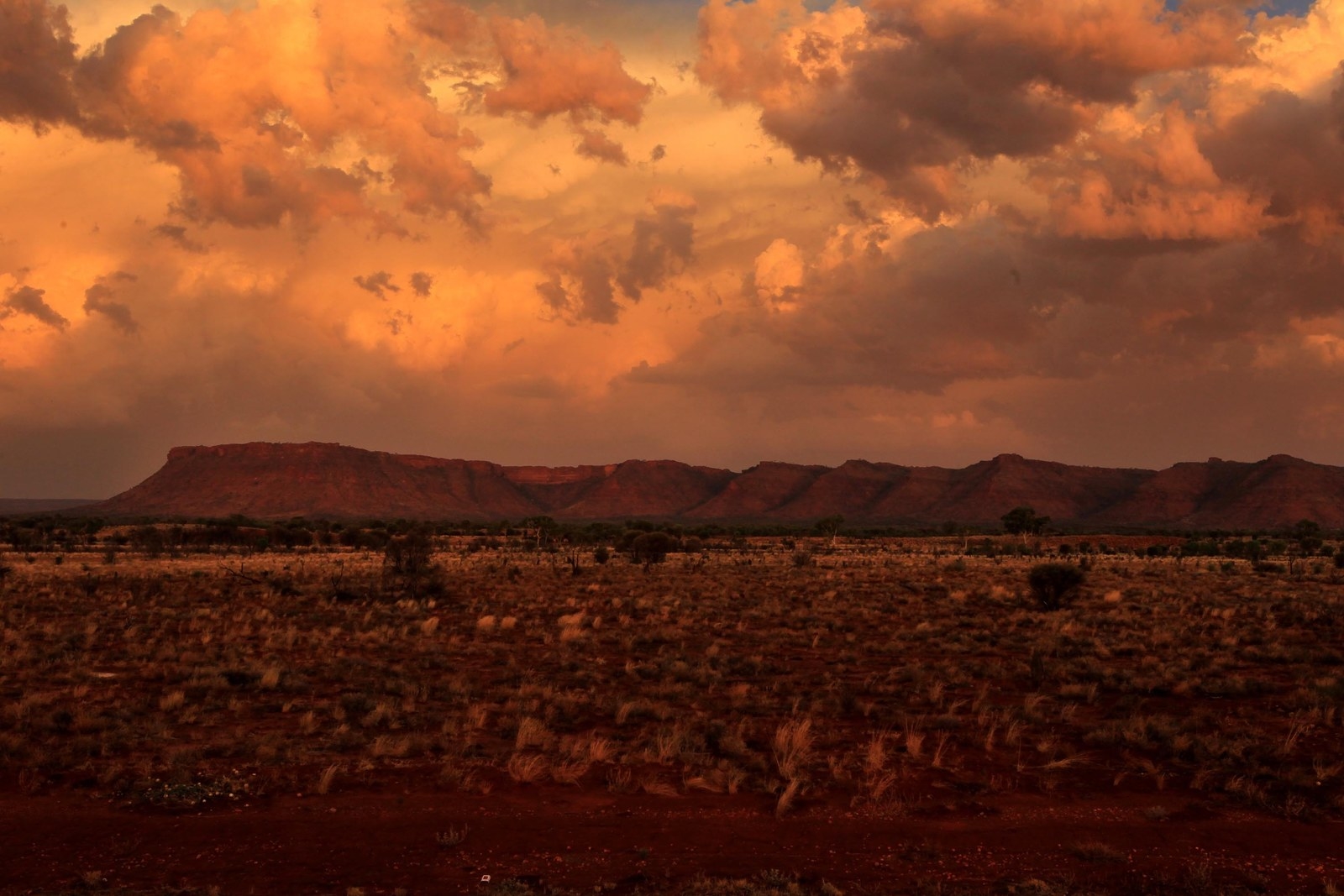
On Wednesday, a polling booth was open between 12pm and 1pm at an outstation called Ukaka, near Kings Canyon. But, according to Mayor, “there was no-one there — just a dog". Well, no voters, but four AEC officers and some campaigners.
“The word was that people had moved on and this town had been abandoned,” he said. Mayor and other Labor supporters kicked a football for a while and then left.
That same morning, the polls had opened at Ulpanyali in Watarrka National Park for just one hour, but a lot of the community was away leading holidaymakers on a tour. “From what I could tell, there were only two people that voted,” Mayor told BuzzFeed News.
Voting
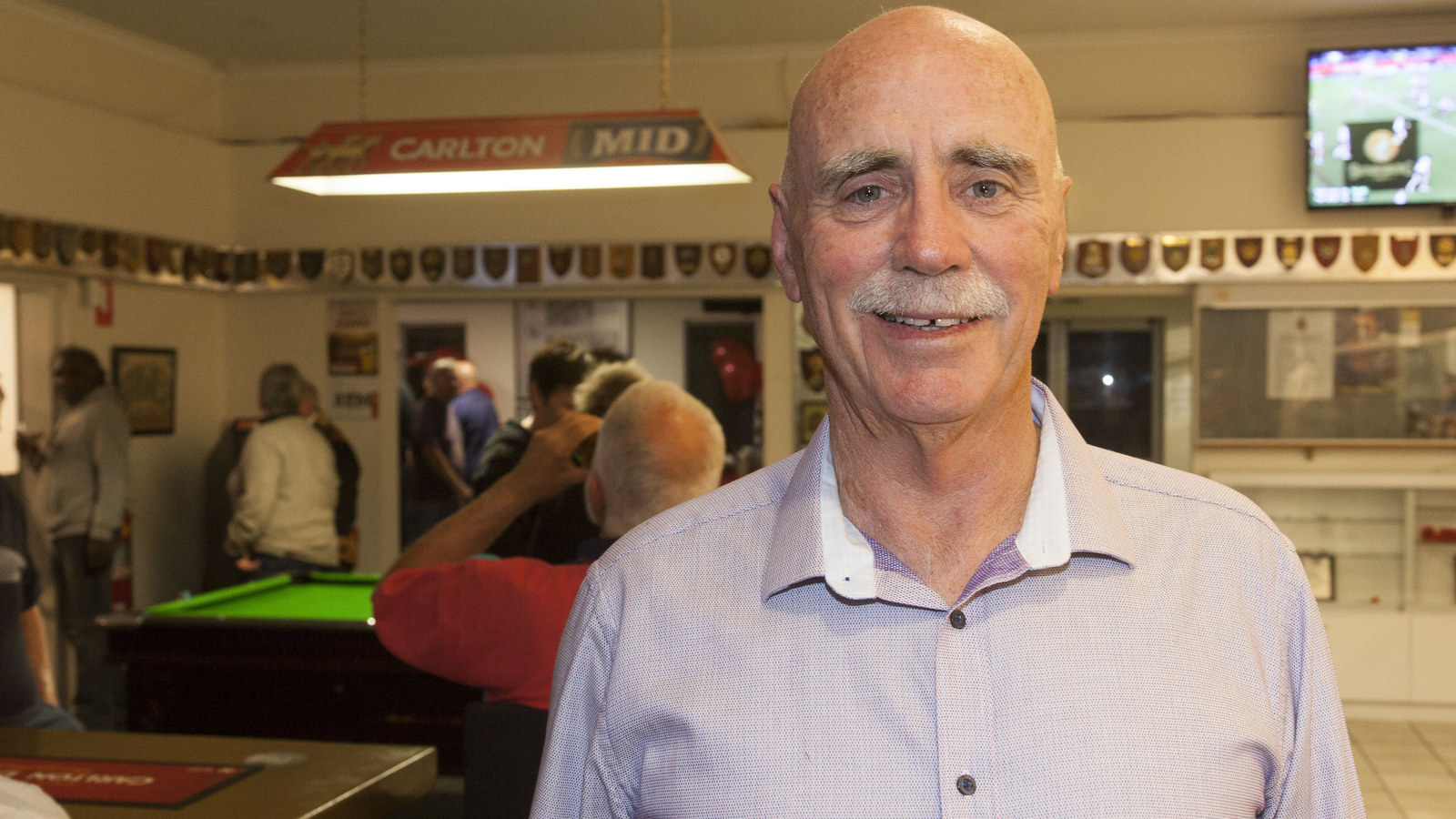
The distances and timing make it likelier that people living in remote Australia will miss out on voting.
“We haven’t got the luxury of trying to vote in advance,” Roy said. “We’re nearly 500km away from our nearest town.” As of Friday morning, 4.05 million Australians had already voted in pre-polling, with 1.47 million postal votes expected.
Without all the fanfare at booths in urban centres, it can be easy to just not notice that the election is on. Indeed, when BuzzFeed News caught up with Roy again a few days after polling opened at Kalkarindji on May 8, he said he hadn’t voted. “I didn’t even know they were here,” he said.
Lingiari had the lowest turnout rate of any Australian electorate at the 2016 election, with 26.3% of enrolled people not casting a vote.
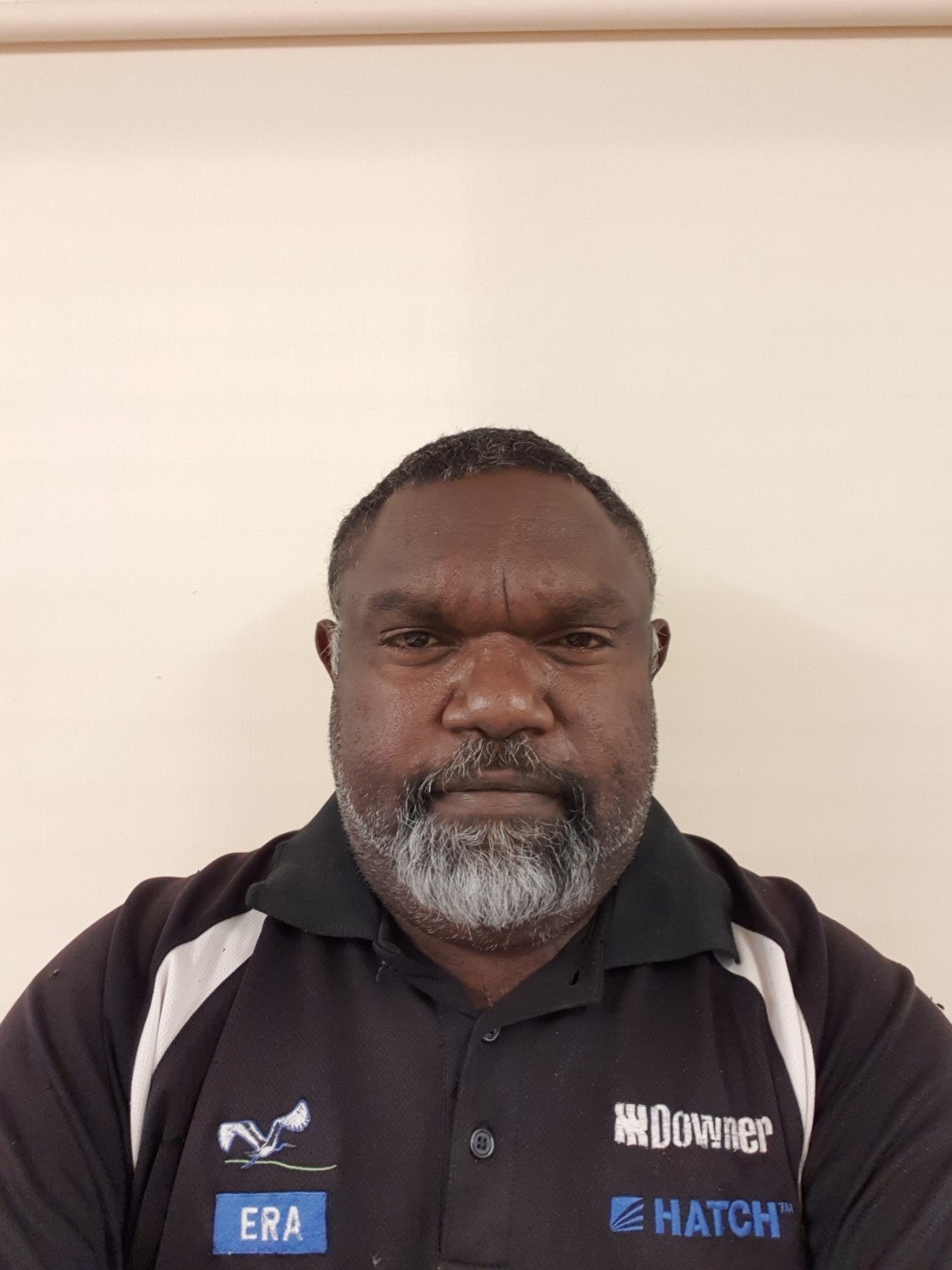
Snowdon said AEC staff were “working their backsides off” but that there were too few of them.
“There are people lining up for an hour or longer where there are only 300 voters, because there are two or three electoral staff. That’s just not on,” he said. “A lot of people might need assisted votes and that takes time.”
Snowdon has previously described budget cuts to the AEC as a form of voter suppression for Aboriginal Australians.
However, Snowdon said he was pleasantly surprised at the number of young people voting for the first time at Gumbalunya, where polling had been open for two days before he spoke to BuzzFeed News.
“In a number of cases, grannies were bringing their grandchildren in and making sure they came to vote. There were at least three or four of them where they had gone home to get their kids to come and vote. That’s very important, so that people are learning from their adults about why it’s important to vote.”
Language and literacy barriers are another challenge. For many Aboriginal voters, English will not be their first language. Roy said he tries to help people who struggle with English.
“It’s really hard to translate some of those words because it’s not used in people’s language on a daily basis,” he said. He gave the example of the word “confidential”, when explaining that he could not go to the booth with them. “They say, ‘well, I don’t want to vote now because you’re scaring me’.”
In 2016, 7.85% of votes in Lingiari were informal.
"Some of us can't read, we just put 1, 2, 3, 4, 5," Garawa elder Jack Green, from Borroloola near the Gulf of Carpentaria, told BuzzFeed. "We don't have any picture of the candidates [on the ballot paper], you know."
Like others BuzzFeed News spoke to, Green was disillusioned with politicians and thought the parties were the same, but usually voted Labor because "it was the first government that gave us back land rights".
“When people vote they want to see more action instead of talk,” Roy said.
In Borroloola last week, residents weren’t excited about the upcoming poll. “People go because they don’t want to get fined,” one Borroloola woman told BuzzFeed News. Graham Friday, a Yanyuwa elder, said: "Whoever comes on board, good luck, and try to help Aboriginal people. We're always pushed aside."
